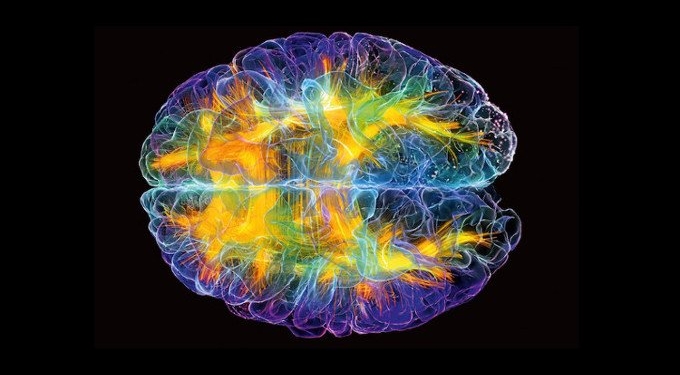
“Thought changes structure … I saw people rewire their brains with their thoughts, to cure previously incurable obsessions and trauma.” ~ Norman Doidge, Canadian-born psychiatrist and author of The Brain That Changes Itself
Neuroplasticity: The Good and The Bad
The human brain is remarkably malleable. It can be shaped very much like a ball of Play-Doh, albeit with a bit more time and effort.
Within the last 20 years, thanks to rapid development in the spheres of brain imaging and neuroscience, we can now say for certain that the brain is capable of re-engineering – and that we are the engineers.
In many ways, neuroplasticity – an umbrella term describing lasting change to the brain throughout a person’s life – is a wonderful thing.
Here are a few reasons why:
– We can increase our intelligence (“I.Q.”)
– We can learn new, life-changing skills.
– We can recover from certain types of brain damage.
– We can become more emotionally intelligent.
– We can “unlearn” harmful behaviors, beliefs, and habits.
On the other side of the coin, we can redesign our brain for the worse!
Fortunately, thanks to our ability to unlearn harmful behaviors, beliefs, and habits, we can right the ship again!
Beliefs Change The Brain
Donald Hebb, an early pioneer of neuroplasticity and neuropsychology, famously said:
“Neurons that fire together, wire together.”
Dr. Michael Merzenich, now recognized as perhaps the world’s most renowned neuroscientist, built on Hebb’s work, proving the relationship between our thoughts (“neurons that fire”) and structural changes in the brain (“wire together.”)
Among Dr. Merzenich’s numerous discoveries, this one may be the most important:
Your experiences, behaviors, thinking, habits, thought patterns, and ways of reacting to world are inseparable from how your brain wires itself.
Negative habits change your brain for the worse. Positive habits change your brain for the better.
Neuroplasticity and Illness
Consider this quote by Alex Korb, Ph.D., and author of The Upward Spiral: Using Neuroscience to Reverse the Course of Depression, One Small Change at a Time:
“In depression, there’s nothing fundamentally wrong with the brain. It’s simply that the particular tuning of neural circuits creates the tendency toward a pattern of depression. It has to do with the way the brain deals with stress, planning, habits, decision making and a dozen other things — the dynamic interaction of all those circuits. And once a pattern starts to form, it causes dozens of tiny changes throughout the brain that create a downward spiral.”
Neuroplasticity can be both the problem and the solution.
Complaining and Brain Changes
We’re going to get a bit more specific now, discussing the effects of negative behaviors – specifically, complaining – and how these behaviors alter the brain’s structure.
We all know that one person who is continually negative. The person who never seems to be satisfied with anything or anyone.
Negative people are almost always complainers, without fail. Worse, complainers are not satisfied in keeping their thoughts and feelings to themselves; instead, they’ll seek out some unwilling participant and vent.
Undoubtedly annoying to their friends and family, these “Debbie Downers” aren’t to be chastised but understood.
You see, we all complain from time-to-time. In fact, researchers from Clemson University empirically demonstrated that everyone grumbles on occasion. Some just do so much more often than others.
Complainers generally fall into one of three groups:
Attention-seeking Complainers: People who seek attention through complaining; always dwelling on about how they’ve got it worse than everyone else. Ironically, (rational) people are apt to ignore outright the person rather than waste mental energy focusing on their negativity.
Chronic Complainers: These folks live in a constant state of complaint. If they’re not voicing about their “woe is me” attitude, they’re probably thinking about it.
Psychologists term this compulsory behavior rumination, defined as “repetitively going over a thought or a problem without completion.” Rumination is, unfortunately, directly relayed to the depressed and anxious brain.
Low-E.Q. Complainers: ‘E.Q.’ is short for emotional quotient, and constituents within this group are short on E.Q. What I.Q. is to intelligence, E.Q. is to emotional understanding.
These people aren’t interested in your perspective, thoughts, or feelings. You’re a sounding board – a brick wall. As such, they’ll dwell and vent at every opportunity.














![Everything You Ever Wanted to Know About 9/11 Conspiracy Theory in Under 5 Minutes [VIDEO] | by James Corbett](https://consciouslifenews.com/wp-content/uploads/2018/09/911-a-conspiracy-theory-120x86.jpg)
